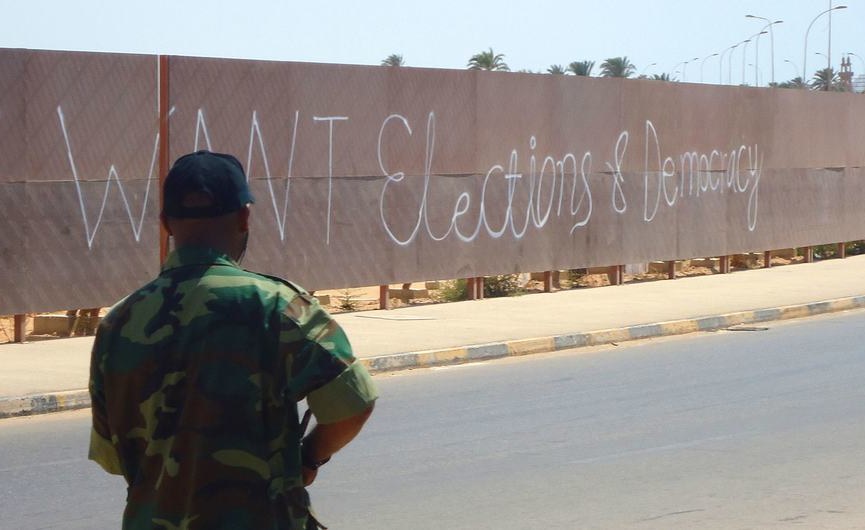Liberia declared a state of emergency in early April when the pandemic hit. In a race against time, Sharon Logan with a group of fellow returnees took the initiative to create comic strips to get essential preventative information about the virus to communities with limited access to mainstream communication channels.
Sharon is part of a network of migrant returnees trained to provide accurate and clear information to people at risk of unsafe migration and exploitation and abuse by human traffickers and smugglers in West Africa.
The network was formed under the Migrants as Messengers (MaM) programme led by the International Organization for Migration (IOM) to support returnees in the region to lead migration awareness-raising initiatives.
Returnees are often all too familiar with a deficit of information when it comes to making life-changing decisions. As a network of volunteers, they now share their experiences about migration to support people to make informed choices.
When the pandemic reached West Africa, MaM volunteers, numbering more than 250 returnees spanning seven countries in West Africa, joined efforts to tackle the virus and provide preventative information to protect communities.
In Liberia, MaM volunteers identified a gap in visual health information for communities facing language, technology and literacy barriers. The comic strips contain familiar visual cues so people can understand the pictures and follow advice. Images show how people can practice physical distancing and take adequate hygiene and sanitation measures to prevent transmission of the virus.
“We concluded that comic strips could be very useful to distribute in the communities. They could be printed as stickers, flyers and placed or distributed in strategic places: market areas and checkpoints. The comic strips have received a great response from the general public. We tried to make the comic wording and images very simple and the messages very specific,” said Sharon.
Speaking to people about their information needs and preferences, the volunteer team identified that certain health information provided by national and international actors was not followed. Further consultations determined people favoured visual information and needed health advice communicated in pictures, as well as words.
“Prevention messages are not always followed by people taking action. Some understand the wording and visual imagery while others will only understand the visual imagery. Comic strips help communicate these important messages to the general public,” Sharon explained.
Fatigue and suspicion towards public messaging and campaigns in the COVID-19 response and other scenarios can be a barrier, the team says, and has prompted them to get more creative. They are championing new and different approaches to engage people, recognising “awareness-raising is an art” and ultimately needs to reflect the realities of the people it intends to support.
MaM volunteers in Liberia describe their experience of contributing to the COVID-19 communication response as “lifting their spirits” at a time of great strain and anxiety. “Together we can win over this pandemic,’’ said Princess Gbatue.
The Migrants as Messengers programme is supporting a range of creative communication activities to unique challenges created by the pandemic in Côte d’Ivoire, The Gambia, Guinea, Liberia, Nigeria, Senegal and Sierra Leone.
‘’United we all make a difference in the community,’’ said Abrahim Kromah, a MaM volunteer in Liberia.
Distributed by APO Group on behalf of International Organization for Migration (IOM).
Source
South Africa Today Africa – North Africa Algeria News







